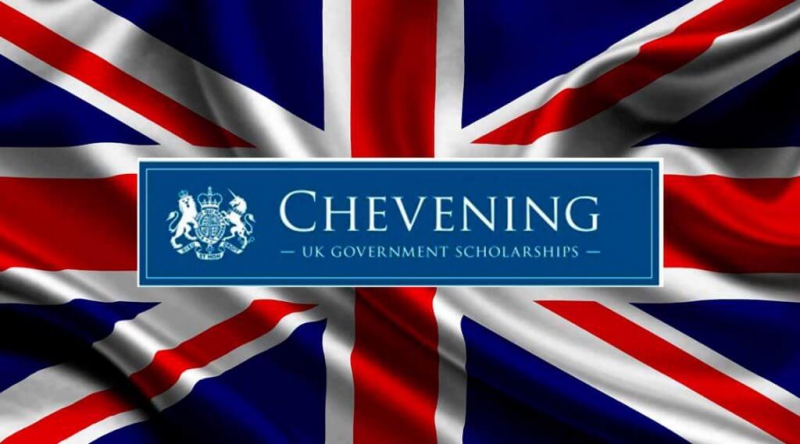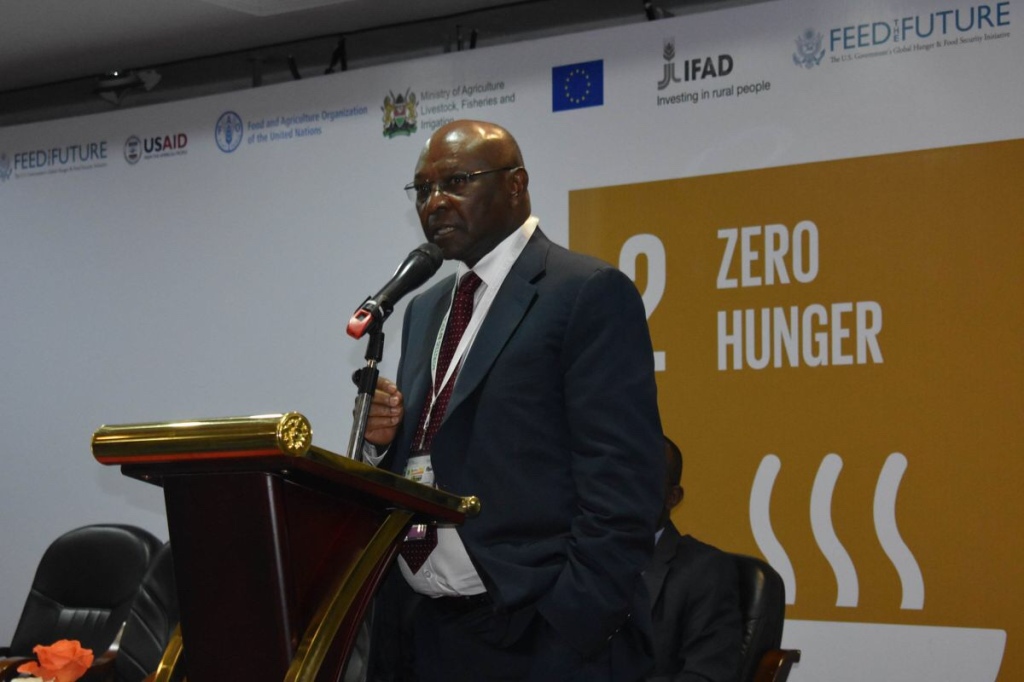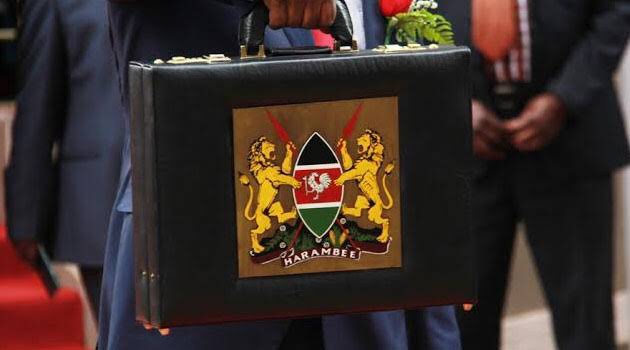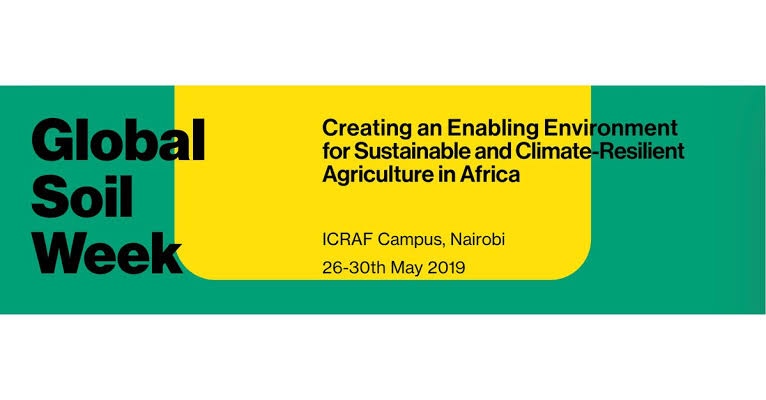The global interview period is fast approaching and after writing those essays and submitting references, the most important part is presenting yourself to the interview panel. First, congratulations! Chevening scholarship is super competitive and making it to this level means you have what it takes to be a leader and influential in your field. In this article, I am going to share how I prepared for my interview and successfully got the scholarship in my first attempt.
The interview is just a conversation in which the panellists want to know you better. They will be asking about what you wrote in your essays. So, take it easy (I wish I did this. I was too scared as the scholarship meant so much to me).
Before the Interview
Weeks before your interview, go through your essays. I would advise you not to change your story because the essays got you shortlisted meaning they are good enough. Research on your area of interest in your field and note the possible challenges in your country and how you would be part of the solution. If there are UK institutions doing implementing projects in your field, get to know them in detail. Reflect on your future career path and see how it connects with the bigger picture of contributing to your country. Research on how other successful candidates prepared for their interviews from You Tube, Linked In and blog articles. (I made notes on this as if I was preparing for an academic examination).
It is advisable to organise mock interview sessions with friends and if it’s not possible to do them physically, you can do the via WhatsApp and Skype. I was fortunate, to have a 2017 scholar for a physical mock interview and two 2018 scholars via video calls. In addition, I joined a group of three applicants where we used to interview each other. A key lesson I learnt from the mock interviews, is that it’s the only way you can know about your confidence levels. I would advise three to four mock interviews as part of your preparation. Finally, practice over a mirror and listen to your voice (this was the most boring). Remember practice, practice makes perfect.
The Night Before the Interview
Make sure you have enough rest and sleep. (Do not trans night). It’s advisable to avoid travelling over a long distance to your interview venue. This means if you are in the countryside, you might need to make traveling and accommodation plans.
Interview Day
The most important thing is be presentable. As Harvey Specter of Suits says, ‘First Impressions Last.’ Do not go for shouting colours. There’s plenty of information on how to dress for formal interviews. Being, conservative, I went for a grey pair of trousers, a white shirt and a dark red tie with some white spots. Black pair of leather shoes goes with a black belt. For ladies, you better consult fellow ladies. Arrive at least 30 minutes before. There are security checks in High Commission buildings, and this takes some time. Be friendly to the staff and smile at them. Remember to carry at least two different photographic identification documents as one is left at the gate and you need the other to identify yourself to the panel.
Answering the Questions
Before answering the question, take your time to understand it. Do not rush to answer the question. If you need clarification, just request the panellist to clarify. The format of your answers should follow the STAR approach, I shared in previous articles. This makes sure that you don’t beat around the bush with irrelevant information. It helps in focusing on answering the question as directed. There’s no standard length of the interview, but on average it takes 30 minutes. I have heard personal accounts of successful Chevening interviews that took 15 minutes and others over one hour. Spend at least 2-3 minutes on every question but the panellists will guide you on this. Be composed during the interview and make it a lively conversation about yourself. You will be provided with water, so you could sip to buy some time and think.
The panellists will be taking notes, and this can be distracting. Don’t get carried away as you wonder why one is not writing or why the other one is writing so much. Focus. Make sure you do not fidget. Be honest in your answers, don’t try to make stuff up.
Type of Questions
I will now share the type of questions I was asked.
- Tell us about yourself. (This question is not graded- and the panellists will let you know this from the start and it’s just meant to help you get composed. They are not asking for the summary of your CV. After my Chevening application, I started a blog on sustainable agriculture and food security and got a several articles published in daily newspapers. Since this information, was not in my application, I shared it at this point and gave the panellists photocopies of my published articles. (This is not straight forward and it is risky)
- Why study in the UK ,why the specific courses and why Chevening Scholarship. This was straight forward. I gave three reasons and explained them briefly before explaining to them why I had selected the specific courses. The Chevening question is your chance to shine. Don’t go for flimsy reasons. If it’s the networking opportunities, research what opportunities exist in your field that would be of help to you while in the UK. Remember they have this in your essays. I brought in SDGs, Kenya Vision 2030, Big Four Agenda (one of them is Food Security). You need to pay attention as in such a combined question, you might fail to answer all parts. So, pay attention.
- Describe a time/situation when you made a difficult decision that showed your leadership ability? This question required the STAR approach. From it, one of the panellists asked a follow up question.
- What are the issues affecting your sector and how your study will help solve them? I felt I was very convincing with my answer here, as I quoted FAO statistics on the state of agriculture in Kenya and how I would contribute to it betterment. I mentioned a specific module that is Agriculture Project Planning and Management in Developing Countries and the specific lecturer who teaches it University of Reading. I also invoked how the UK would benefit from my studying in their universities.
- What is your immediate plan upon returning in one year? Here I gave a summary of my short-term career plan.
- What’s your long-term career plan and who do you need to network with to achieve it? You mentioned venturing into elective politics, who do you need to network with to achieve your goal?
- Apart from your studies, what else would you do in the UK? Here’s a moment to make the panel smile. Be creative! I made the panel know, am a Chelsea fan and since we had lost to Manchester City few weeks before, I told them I want to go to Stamford Bridge and witness the revenge. I also mentioned the British culture of afternoon tea and they all laughed.
Finally, I was asked whether I wanted to change my courses, of which I gave reasons for the changes. The lead panellist also asked about my English proficiency test, I assured them I had registered and would sit for it soon. She also asked whether I had a passport and since I didn’t have one, I assured her I was applying for it. The panellists will also offer you a chance to ask a question, please ask an intelligent question. It’s advisable to ask one.
This is your final chance to control your Chevening journey. Afterwards, it won’t be in your control. Go and ace it. All the best.
Watch my #Chevening journey on YouTube for inspiration. https://youtu.be/hv2OEgmHFtw





Leave a comment